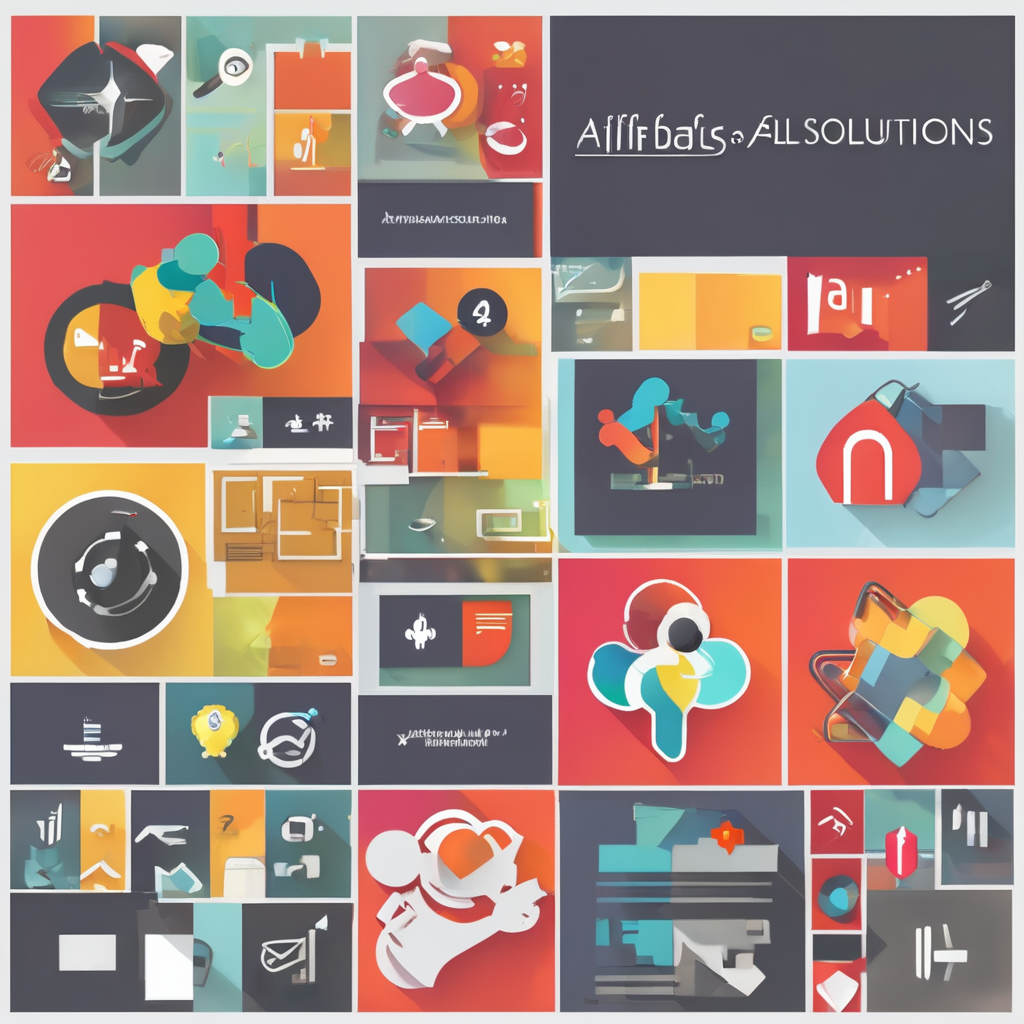Key emerging technologies shaping UK business
The UK business landscape is rapidly evolving with emerging technologies UK playing a pivotal role. Artificial Intelligence (AI), the Internet of Things (IoT), blockchain, and automation stand out as the key drivers of this transformation. AI is increasingly used for data analysis and customer engagement, allowing firms to optimize operations and enhance decision-making. IoT facilitates real-time monitoring and connectivity, especially in manufacturing and logistics, boosting efficiency and reducing downtime.
Technology adoption UK continues to gain momentum, but rates vary across sectors. Recent studies show over 60% of mid-to-large enterprises are embracing AI or automation tools to streamline workflows. However, blockchain adoption, while promising, remains in nascent stages mainly due to integration complexity and regulation concerns. UK companies are also investing in digital infrastructure to improve technology readiness, addressing both hardware and skill gaps.
Also read : How Will Recent Policy Changes Affect UK Businesses in 2024?
Statistical evidence highlights that SMEs are accelerating uptake, supported by government incentives. These future business trends indicate a strategic shift towards leveraging tech for competitive advantage. Understanding these evolving technologies ensures that businesses can prepare adequately and remain agile in a tech-driven market.
Industry transformations: sector-by-sector analysis
Understanding the industry impact technology UK reveals distinctive patterns across finance, manufacturing, retail, healthcare, and logistics. In finance, AI-driven algorithms enhance fraud detection and automate client interactions, sharply reducing operational risks. Manufacturing leverages IoT devices to monitor equipment health, improving predictive maintenance and decreasing downtime. Retail sectors increasingly rely on automation for inventory management and personalized customer engagement, reflecting ongoing digital transformation sectors efforts. Healthcare facilities apply emerging technologies UK, such as blockchain, to secure patient data and streamline clinical trials, elevating care efficiency. Logistics companies employ AI and IoT integration to optimise routing and real-time tracking, cutting delivery times and costs.
Additional reading : How Will Brexit Impact the Future of British Enterprises?
Several prominent UK companies serve as examples, such as major banks adopting AI chatbots and manufacturers implementing sensor networks to boost technology adoption UK. These implementations underscore a readiness to embrace future business trends that centre on agility and efficiency. Different sectors show tailored strategies preparing for anticipated disruption: finance invests heavily in cybersecurity, while healthcare focuses on regulatory compliance and data privacy. This sector-specific adaptation underlines the critical role of technology in shaping the UK business landscape’s ongoing evolution.
Key emerging technologies shaping UK business
Emerging technologies UK such as Artificial Intelligence (AI), Internet of Things (IoT), blockchain, and automation are transforming the UK business landscape. AI enables advanced data analytics and personalised customer interactions, while IoT connects devices to optimise operational efficiency. Blockchain offers secure transaction methods, though adoption remains slower due to regulatory and integration challenges. Automation is revolutionising repetitive workflows, freeing up human resources for strategic tasks.
Current technology adoption UK rates reveal that over 60% of mid-to-large enterprises integrate at least one major emerging technology. Small and medium-sized enterprises (SMEs) are also increasingly embracing these solutions, supported by government incentives aimed at technology readiness enhancement. Notably, sectors like finance and manufacturing lead in technology uptake, reflecting urgent needs to improve agility and reduce costs.
Statistics highlight a growing trend: UK businesses investing in digital infrastructure to bridge hardware and skills gaps. This investment directly influences the pace of adoption and positions firms for success amid fast-changing future business trends. Consequently, understanding the practical applications and limitations of emerging technologies UK remains key for companies aiming to stay competitive.
Key emerging technologies shaping UK business
Emerging technologies UK—such as Artificial Intelligence (AI), Internet of Things (IoT), blockchain, and automation—are at the forefront of transforming the UK business landscape. AI enhances data processing and decision-making, enabling companies to personalise services and streamline operations. IoT connects devices for improved monitoring and efficiency across sectors like manufacturing and logistics. Blockchain, despite slower adoption, offers robust security benefits, particularly for data-sensitive industries. Meanwhile, automation reduces repetitive tasks, freeing employees to focus on innovation.
Current technology adoption UK levels reflect these shifts, with over 60% of mid-to-large firms integrating at least one leading technology. SMEs, supported by targeted government programs, are rapidly progressing in readiness—a critical factor for scaling innovation. Statistics from recent surveys confirm increasing investments in digital infrastructure and skills development, directly impacting the pace of adoption.
Understanding these emerging technologies UK and their business implications is vital for adapting to evolving future business trends. Companies prioritising technology readiness today position themselves advantageously for tomorrow’s competitive challenges in an ever-digitised marketplace.
Key emerging technologies shaping UK business
The UK business landscape is being reshaped by key emerging technologies UK like Artificial Intelligence (AI), Internet of Things (IoT), blockchain, and automation. AI excels in data analytics and personalisation, empowering businesses to make smarter decisions and improve customer experience. IoT connects equipment and devices, enabling real-time monitoring that boosts operational efficiency across industries. Blockchain offers secure, transparent transactions, although adoption remains gradual due to complex integration and regulatory factors. Automation streamlines repetitive processes, freeing employees for higher-value activities.
Current technology adoption UK shows that over 60% of mid-to-large enterprises employ at least one emerging technology, with SMEs gaining momentum aided by government support. This readiness varies by sector and company size but continues to grow steadily. Statistics indicate increased investment in digital infrastructure and employee skills, essential for sustaining adoption rates and embracing future business trends.
Understanding these technologies’ specific applications and limitations is crucial. For example, AI drives competitive advantage through enhanced decision-making, while blockchain suits industries prioritising security and transparency. Such insights enable UK businesses to navigate their technology journey effectively, aligning with evolving market demands.




